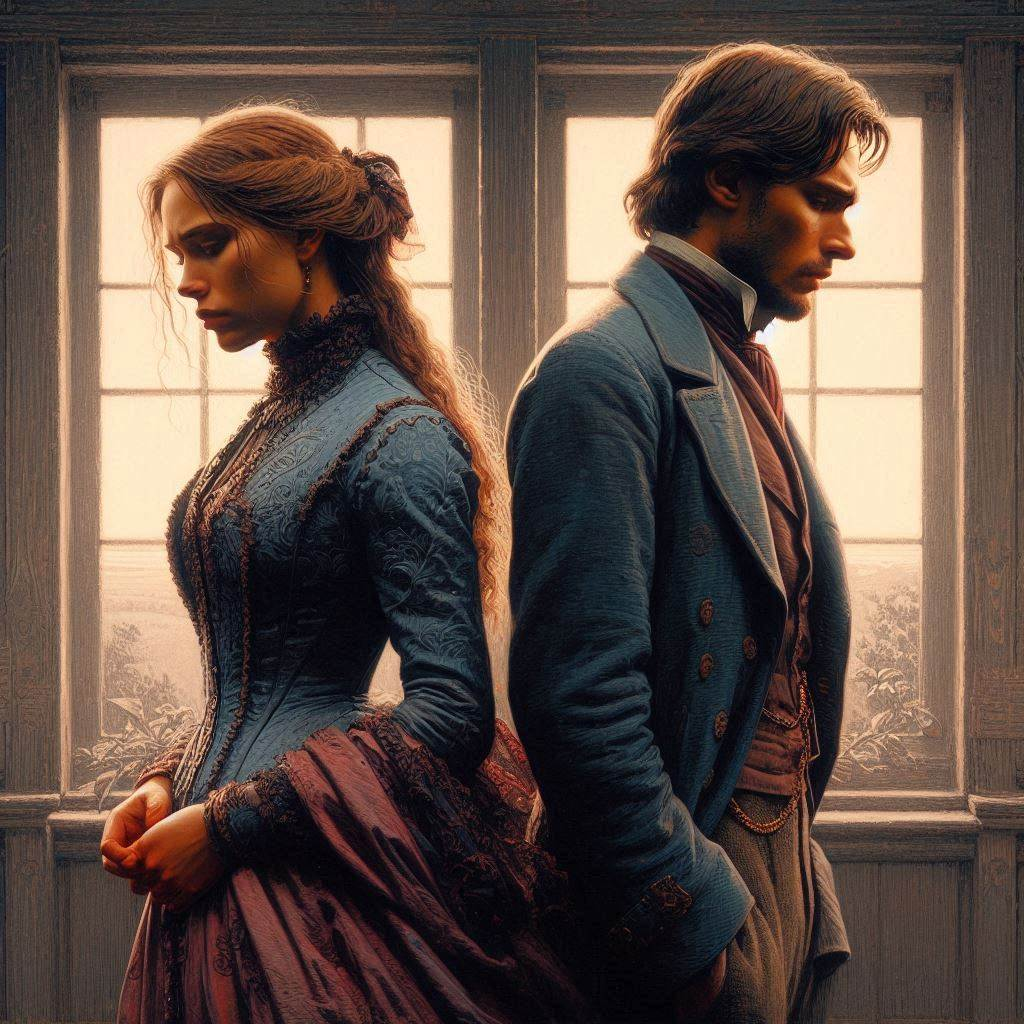Betrothed [short story review]
Chekhov's Swan Song Betrothed is still a whole mood.
Anton Chekhov's final short story, Betrothed, written in 1903, just a year before his death, is a poignant exploration of self-discovery and societal pressures. Set against the backdrop of pre-revolutionary Russia, the story follows Nadya, a young woman grappling with her impending marriage. Chekhov weaves themes of personal growth, generational conflict, and the search for meaning into this deceptively simple tale.
Nadya emerges as a realist, raised in the claustrophobic atmosphere of a household dominated by her mother and grandmother. Her fiancé, Andrey Andreitch, is presented as a one-dimensional character, somewhat idle and unmotivated. He prefers playing the fiddle rather than taking on more traditional responsibilities. He does not hold any definite post or have regular work, indicating that his artistic pursuits are more of a hobby than a passionate career. Nadya feels a sense of discontent and frustration with Andrey’s lack of ambition. She perceives his idle lifestyle as unclean and immoral, contributing to her overall dissatisfaction. Nadya’s emotional disconnect from Andrey grows as she realizes she does not love him. The mundane future she envisions with him make her feel trapped and unhappy. Is a life with such a potentially unfulfilling partner worth living?
 |
| Artwork created by Bing |
The catalyst for change comes in the form of Sasha, a family friend who criticizes Nadya's idle lifestyle. His candid remarks force her to reevaluate her choices, sparking a journey of introspection. Interestingly, while Sasha plants the seed of change, he doesn't actively assist Nadya in her transformation. This raises the question: Did he manipulate her to live vicariously through her choices?
In his stories, Chekhov frequently depicts marriage as a breeding ground for solitude, lack of closeness, and estrangement, accentuating the disparities in social standing and personal preferences. Within Chekhov's depictions of matrimony, themes of vacancy, isolation, and obscurity are prominent, encapsulating the distinctive essence of the author's style. Hence, it aligns with the overarching trajectory of the writer that his final tale dissuades the idea of entering into wedlock.
The garden in the story evolves. At the beginning, the garden is described as still, cool, and peaceful, with dark shadows and the sound of frogs croaking far away. It evokes a feeling of sweet May and the mysterious, lovely life of spring. As the story progresses, the garden is lit up by the spring sunshine, making it look young and gaily decked, with dewdrops glittering on the leaves. By the middle of June, the garden appears dejected and uninviting due to the grey and cold summer, with wet trees. The garden becomes grey, murky, and cheerless, reflecting the overall mood of the characters and the story.
The ending's pretty open. Conveyed with a pithy phrase in: She went upstairs to her own room to pack, and next morning said good-bye to her family, and full of life and high spirits left the town -- as she supposed for ever. Does Nadya live her best life or not? Chekhov's like, I'll let you decide, which is both frustrating and genius.
Betrothed might not blow your mind with deep philosophy, but it's a solid reminder that sometimes you gotta shake things up to find your true self. It's basically saying, ‘Don't let life happen to you. Make it happen for you.’ And let's be real, who doesn't need that reminder every now and then?
Chekhov might be old school, but Betrothed hits different. It's all about finding your path, even when it means leaving your comfort zone and disappointing a few people along the way. Despite being written over a century ago, the story resonates with contemporary angst. Nadya's struggle to break free from societal expectations and find her own path mirrors the challenges faced by many young adults today. In an era of social media pressure, career uncertainty, and evolving social norms, Chekhov's exploration of self-discovery and personal growth feels remarkably current. The story's critique of an idle lifestyle, where one merely lets time pass by, parallels contemporary concerns about digital addiction and the passive consumption of online content. Nadya's awakening to the possibilities beyond her prescribed life serves as a timely reminder of the importance of active engagement with one's own future.
He was cognizant that this would be his final narrative. Was he messaging his wife, "Upon my demise, venture forth and embrace life to its fullest"?


Comments
Post a Comment